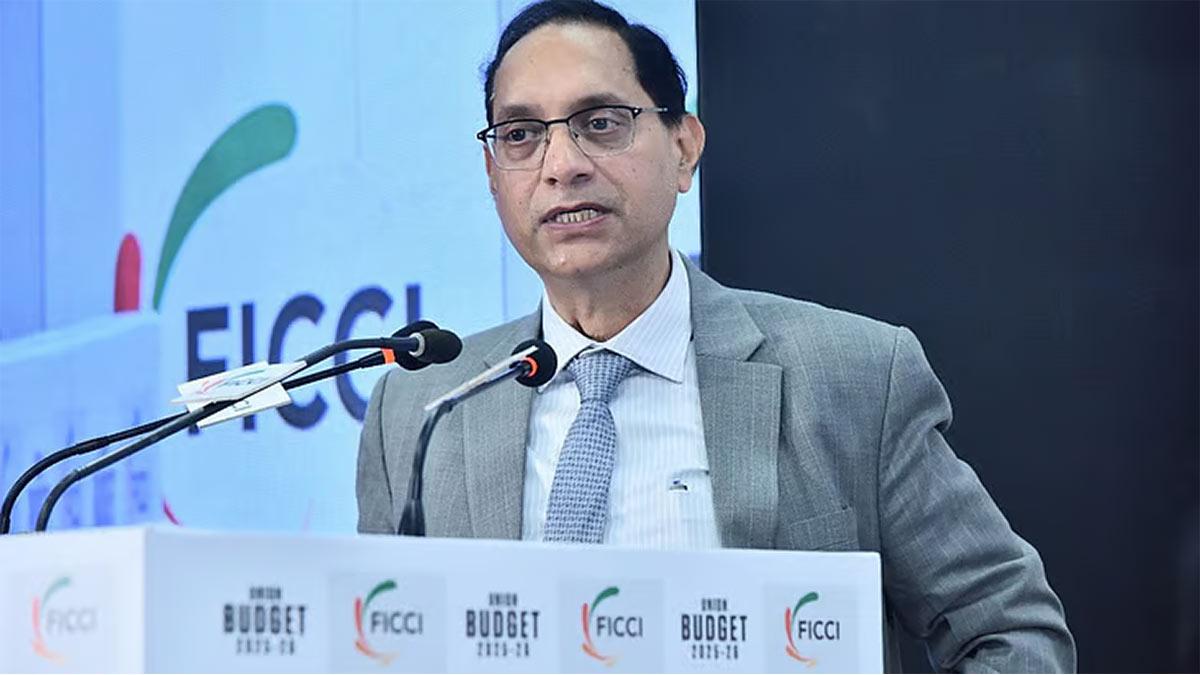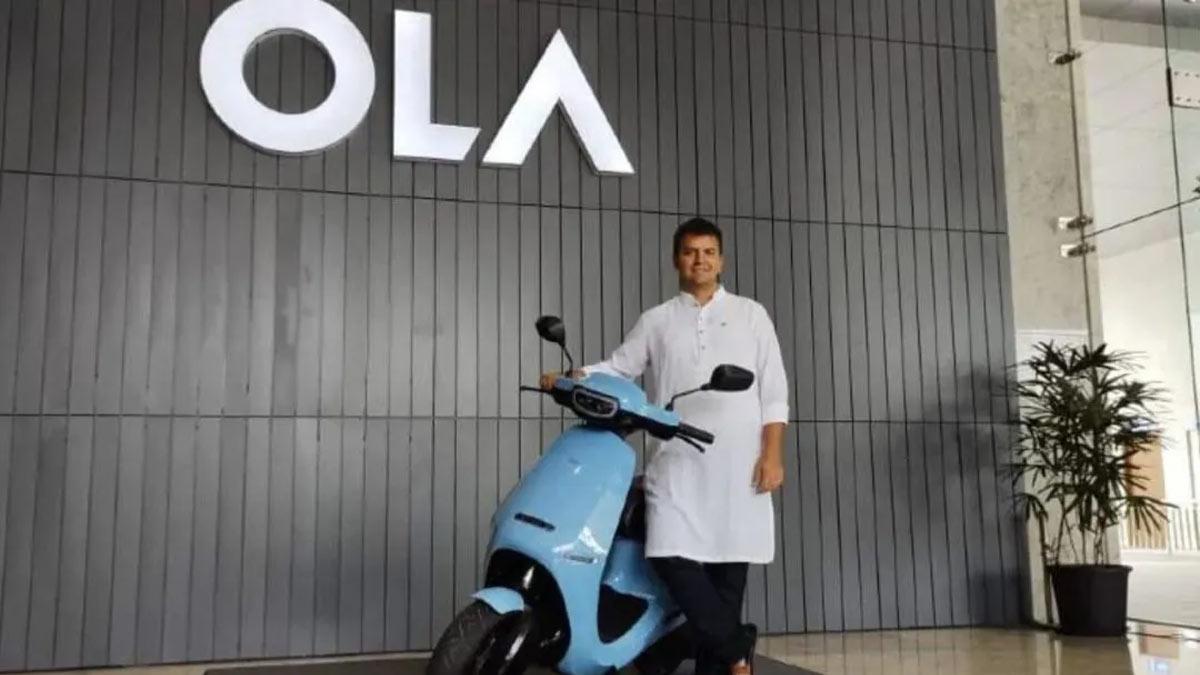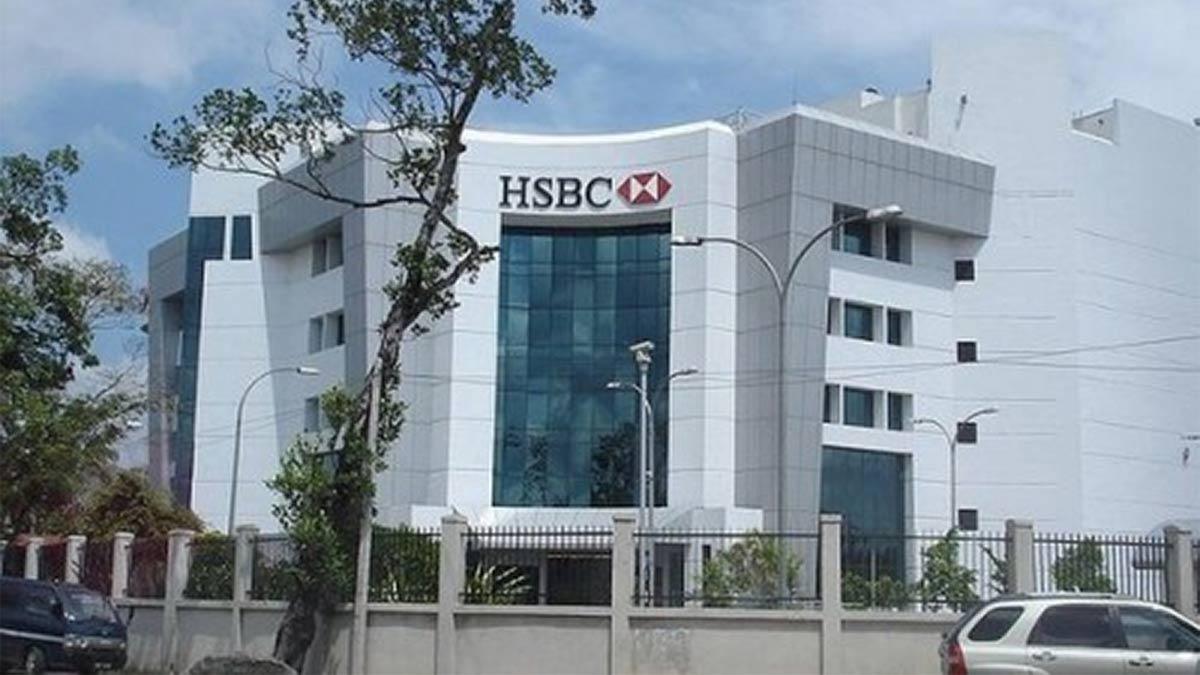The Appointments Committee of the Cabinet has approved the appointment of Finance Secretary Tuhin Kanta Pandey as the new Chairman of the Securities and Exchange Board of India (SEBI). Pandey will take over the role for an initial term of three years, succeeding the current Chairperson, Madhabi Puri Buch, whose tenure concludes on March 1.
A government notification confirming the appointment read, "The Appointments Committee of the Cabinet has approved the appointment of Tuhin Kanta Pandey, IAS (OR:1987), Finance Secretary and Secretary, Department of Revenue, as Chairman, Securities and Exchange Board of India (SEBI) for a period of three years from the date of joining the post or until further orders, whichever is earlier."
Earlier this year, the government had sought applications for the post of SEBI Chairperson, with February 17, 2025, as the deadline for submission. The Finance Ministry, in newspaper advertisements, invited applications from eligible persons for the coveted job at the regulatory body of capital markets. The SEBI chairman will be eligible to receive a salary equal to that of a Secretary to the Government of India or a fixed pay of ₹5,62,500 per month, not including housing and car allowances.
Madhabi Puri Buch, whose term as SEBI Chairperson expires on March 1, assumed office on March 2, 2022, for a term of three years, becoming the first woman to head the regulatory body. She had replaced Ajay Tyagi, a retired IAS officer who had served an initial term of three years before being granted a two-year extension. Tyagi had served in important positions in the Finance Ministry.
Buch also became the first private sector person to chair SEBI. Her career started in 1989 at ICICI Bank. She was a lecturer at West Cheshire College in England between 1993 and 1995. She had played varied roles in sales, marketing, product development, and operations across various organizations over the years. She joined ICICI Securities in 2006 and later became its CEO from February 2009 to May 2011.
Read also| Trump Imposes Additional 10% Tariff on Chinese Imports
Read also| The Boom of Personal Loans in India: What’s Driving the Surge?


















